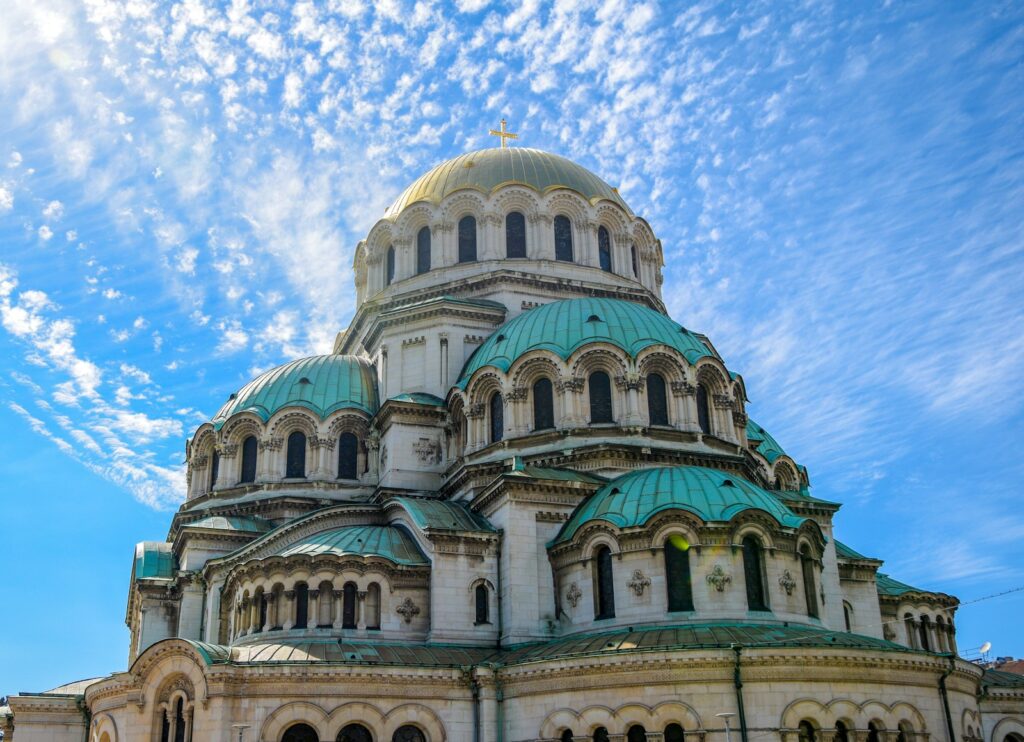![The Return of History to the Present with Luuk van Middelaar [PODCAST] The Return of History to the Present with Luuk van Middelaar [PODCAST]](https://4liberty.eu/phidroav/2025/11/Liberal-Europe-Podcast-Format-1-1024x1024.jpg)
The Return of History to the Present with Luuk van Middelaar [PODCAST]
How to interpret the results of the Dutch elections? What does the return of history to European affairs really mean? Is the EU a stage or an actor in the big drama of history? And what kind of Europe is emerging from Donald Trump\'s efforts to dismantle the American empire and the post-1945 world order? Leszek Jazdzewski talks with Luuk van Middelaar, the founding Director of Brussels Institute for Geopolitics.






![Trumping Democracy with Samuel Issacharoff [PODCAST] Trumping Democracy with Samuel Issacharoff [PODCAST]](https://4liberty.eu/phidroav/2025/10/LEP_Samuel-Issacharoff_square-1024x1024.png)

![Can We Build Consensus on Climate Policy? with Susi Dennison [PODCAST] Can We Build Consensus on Climate Policy? with Susi Dennison [PODCAST]](https://4liberty.eu/phidroav/2025/10/Liberal-Europe-Podcast-2024-2-1024x1024.jpg)
![Liberalism Is Not Quite Dead Yet with Jan-Werner Müller [PODCAST] Liberalism Is Not Quite Dead Yet with Jan-Werner Müller [PODCAST]](https://4liberty.eu/phidroav/2025/09/Jan-Werner-Muller-4-1024x1024.jpg)

![Parliamentary Election in the Czech Republic with Martin Ehl [PODCAST] Parliamentary Election in the Czech Republic with Martin Ehl [PODCAST]](https://4liberty.eu/phidroav/2025/09/Liberal-Europe-Podcast-2024-12-1024x1024.png)